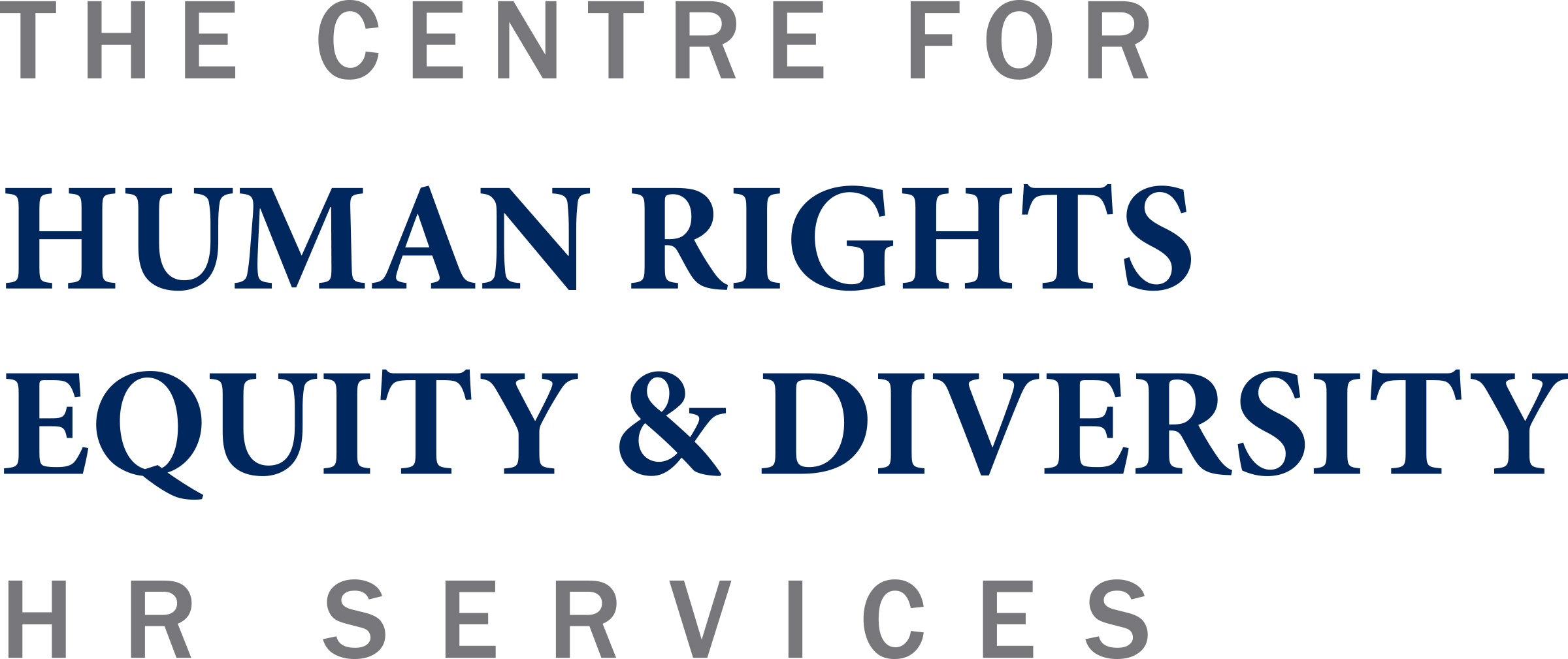Humber College is committed to fostering a respectful and inclusive culture in which all members of the College community study, work and live free from discrimination and harassment. To this end, it is imperative that we understand the definition of key equity terms that will enrich our capacity to prevent all forms of harassment and discrimination. Over the summer months, the Centre for Human Rights, Equity & Diversity will be providing definitions of key terms pertinent to our work in building a more inclusive College.
|
Key Terms |
Definition |
|---|---|
|
Anti-Indigenous Racism |
Anti-Indigenous racism is the ongoing race-based discrimination, negative stereotyping, and injustice experienced by Indigenous Peoples within Canada. It includes ideas and practices that establish, maintain and perpetuate power imbalances, systemic barriers, and inequitable outcomes that stem from the legacy of colonial policies and practices in Canada. Systemic anti-Indigenous racism is evident in discriminatory federal policies such as the Indian Act and the residential school system. It is also manifest in the overrepresentation of Indigenous peoples in the Canadian criminal justice and child welfare systems, as well as inequitable outcomes in education, well-being, and health. Individual lived experiences of anti-Indigenous racism can be seen in the rise in acts of hostility and violence directed at Indigenous people. |
|
Anti-Black Racism |
Anti-Black racism is prejudice, attitudes, beliefs, stereotyping and discrimination that is directed at people of African descent and is rooted in their unique history and experience of enslavement and its legacy. Anti-Black racism is deeply entrenched in Canadian institutions, policies and practices, to the extent that anti-Black racism is either functionally normalized or rendered invisible to the larger White society. Anti-Black racism is manifest in the current social, economic, and political marginalization of African Canadians, which includes unequal opportunities, lower socio-economic status, higher unemployment, significant poverty rates and overrepresentation in the criminal justice and child welfare systems. |
Recommended readings and videos
- Truth and Reconciliation: Commission of Canada. (2015).
- Saad, Layla, F. (2020). Me and White Supremacy: Combat Racism, Change the World, and Become a Good Ancestor. Illinois: Sourcebooks.
- Di Angelo, Robin. (2020). How ‘white fragility’ defines racism [Video]. YouTube. https://youtu.be/YvIO2GU8yTU

